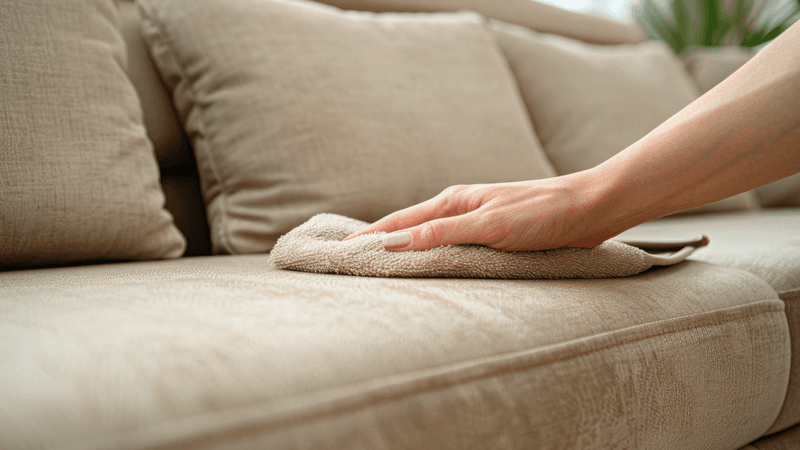8 Diet Tips to Help Manage an Overactive Bladder
Written by Jessie on Tue Sep 29 2020.

Living with an overactive bladder doesn’t have to hold you back. With the right strategy, which includes knowing which foods and drinks to add or remove from your diet, you can manage your symptoms and enjoy a completely normal, active life. In fact, you may even feel better than before with the added energy boost you get from our healthy (and yummy) recommendations!
Urologists and other experts recommend keeping a bladder diary to track your symptoms and altering your diet with the following tips to help keep you in control and reduce the chances of an accident.
1. Stick with H2O
Drinks that are especially acidic, contain caffeine, or are alcoholic are known to exacerbate an overactive bladder, making symptoms worse and causing an increased urge to go. Stick to water as much as possible. If you’re craving a little flavor, try adding a slice of lemon.
2. If you opt for juice, cranberry is best
Some juices, like orange and pineapple, as well as lemonade and anything else high in acid, can irritate the bladder and increase the chances of an accident. Cranberry juice, on the other hand, is a solid choice because it prevents bacteria from adhering to the bladder, which contributes to better overall bladder health.
3. Eat your fruits and veggies
Fresh fruits and vegetables contain many of the vitamins and minerals that are essential for overall good health, and when you’re healthy, your urinary system—including your bladder—will function at its best. Eating a diet rich in fruits and vegetables is also helpful for maintaining a healthy weight, which experts believe is equally important for bladder health.
4. Be mindful of dairy consumption
Some people who suffer from an overactive bladder find that their symptoms worsen after they’ve consumed certain dairy products. While this may not be the case for everyone, keeping a bladder diary can help you determine if you are, in fact, one of these individuals. Tracking your diet and subsequent symptoms can also help you pinpoint whether there’s a particular dairy product (versus all of them) that you should avoid.
5. Fill up on whole grains
When your bowels aren’t functioning properly and you feel bloated or are constipated, it can put pressure on your bladder, causing you to have to go to the bathroom more frequently. Foods that are rich in whole grains—such as brown rice and whole grain bread, pasta, and cereal—are also high in fiber, which helps keep your bowels healthy and functioning well, thereby indirectly reducing bladder symptoms.
6. Reduce your sugar intake
Sugar has a tendency to cause increased growth in bacteria within the body, which can lead to infections of the urinary tract and bladder. Unfortunately, substitution isn’t even an option, since artificial sweeteners are believed to be just as bad. If you’re struggling with an overactive bladder and urinary incontinence issues, try cutting out sweets and see if you notice any improvement.
7. Cut back on spices
Foods that are heavily seasoned can trigger irritation of the bladder, which can lead to an increased urge to go. It’s not fully known why spicy foods bother some people with overactive bladders and not others, but if you happen to be one of these people, the solution is pretty straightforward: Stay away.
8. Pass on that nightcap
Many people with an overactive bladder closely control their fluid intake during the day, but forget to do so as night falls. If you find that your condition has you waking up frequently to use the bathroom in the middle of the night, you may want to consider cutting out drinks after a certain time, such as right after dinner.
Dealing with an overactive bladder isn’t always easy, but it doesn’t have to control your life. By identifying which elements of your current diet may be making your condition worse and knowing what you can eat and drink to improve symptoms, you’ll be able to regain control and enjoy life with fewer incidents.
Other Articles You May Like

Carewell’s Essential Checklist for Urinary Incontinence Care
Urinary incontinence affects more than 25 million Americans. To help, we created a free checklist download for urinary incontinence care.
Medically Reviewed by Kiera Powell, R.N.

Easy Tips for Removing Urine Odor
Living with incontinence can be a source of embarrassment for your loved one and stress for you as a caregiver. The good news is you're not alone, and there are highly effective ways to manage and eliminate human urine odor. We've compiled a list of top tips to help caregivers maintain a fresh and clean home environment.
Medically Reviewed by Kiera Powell, R.N.